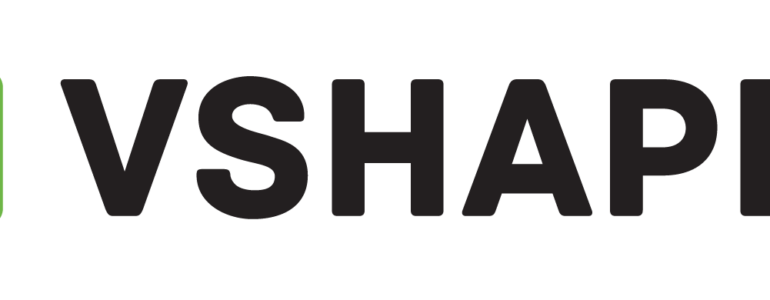12/07/23

Learn about the implementation of 3D printing at Frezmet, how 3D printing replaced the CNC machine.
What were the goals of the collaboration, what problems were encountered and how were they solved?
To prepare a prototype of a food dosing mixer for a food machine meeting the conditions:
Frezmet is a CNC machining company. It has been operating on the market since 2006. It cooperates with many companies from Poland and abroad in the industrial and automotive sectors. For several years it has been cooperating with a company dealing with professional manufacture of composite elements. Frezmet uses the CAD CAM software EDGECAM, distributed by VERASHAPE, to design the models.
The client’s biggest challenge was to produce a prototype that met all the objectives. The mixer models were created in CAD software. The problems were divided into 2 groups:
The preparation of the model took a very long time due to the complexity of the design and the need to ensure the ideal shape to feed the food properly. The prototyping time on the CNC milling machine was about 2-3 weeks, plus a long milling time if it was to be made unsupported.
The high price of a single prototype model was a problem, especially at the testing stage.
The main problem is to find a material with high resistance to constant temperature exposure, durable, resistant to staining and discolouration during use and approved for food contact by approvals.
The material tested was POM (polyacetal). Although the material retained its shape and durability, when heated continuously at a temperature of 70 to around 120 degrees it did not hold up and began to change its structure. The material did not meet the specifications.
The client was offered the solution of a 3D printing service as an alternative to milling. This has the advantage of preparing a prototype in a much shorter time, with lower costs. In addition, a wide range of materials will allow the selection of a filament in line with the objectives.
The first material used to print the model was ABS-S21, but the material was too brittle and deteriorated during use. It also did not meet food contact standards, but with this print, changes were made to the shape of the dispensing mixer.
VSHAPER came up with new materials – PEEK and PEEK GF (PEEK with glass fibre).
PEEK GF is a very durable material, reinforced with glass fibre, which is temperature-resistant and meets almost all of its objectives. Only its structure after printing is not perfectly smooth, which raised questions about further processing of this material, e.g. by immersion in resin.
The last material presented was PEEK, a biocompatible material that is highly durable, temperature-resistant and food-grade. Models printed from it are the most durable.
The work undertaken with VSHAPER allowed for the selection of a suitable material (PEEK), the refinement of the agitator model, a reduction in the cost of producing prototypes, and shorter lead times.